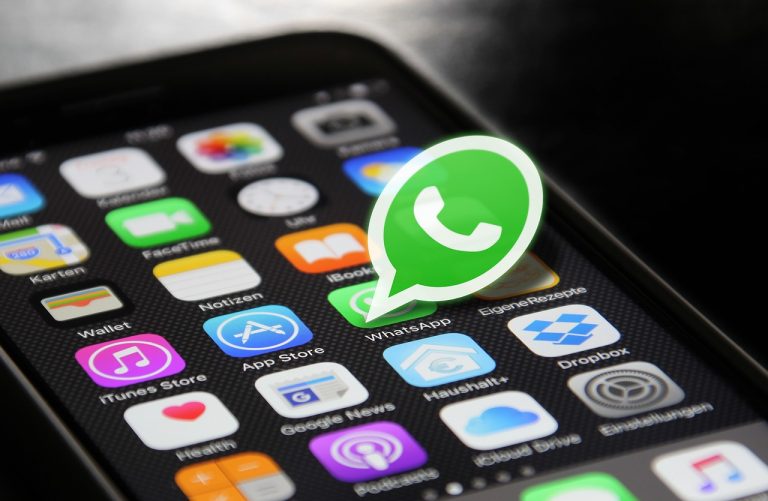
WhatsApp plans double verification code feature: What you need to know

Messaging platform WhatsApp is set to introduce a new security feature with regard to logging into an account and it is currently being tested, according to a report.
The new feature which will be available to WhatsApp users is the “double verification code”, as per a wabetainfo report.
Also read: Tracing the love-hate relationship between WhatsApp and India
“WhatsApp is planning to introduce some important changes when logging into an account. In particular, the company is now working on a new feature that adds an extra layer of security before logging into a WhatsApp account, for a future update of WhatsApp beta for Android and iOS,” it said.
“After releasing the ability to customise our privacy settings by excluding some people from seeing our information and the extension Code Verify to check the integrity of the code of our WhatsApp Web version, the company is now developing another feature to improve user security on WhatsApp by asking for a double-verification code,” the report stated further.
How does it work?
The report shared a screenshot of the new feature. In that WhatsApp says, “The number +………… is already being used for WhatsApp on another phone. To help make sure that your account is in your control, you must confirm another verification code. For extra security, you must wait for the timer to finish before you can send the code. When you receive the code, enter it here.”
Also read: WhatsApp testing option to hide ‘last seen’ status from specific contacts
This means that if you try to log in to your WhatsApp account from another device, you have to go through a double verification process, entering an additional 6-digit code. This is most important as, according to reports, some hackers may trick users to share their codes.
As of now, you need to enter only one code which users receive as an SMS or on phone call. To confirm that you own the phone number, you’ll be prompted to enter a 6-digit registration code sent to you. Verifying your phone number with a registration code is the only way you can activate your account, and you must be able to receive the code on your phone.
There is also the two-step verification, an optional feature that adds more security to your WhatsApp account. When enabling this feature, you create and confirm a unique PIN that’s required to access your account. The two-step verification PIN is different from the 6-digit registration code you receive via SMS or phone call.
Also read: WhatsApp banned 16 lakh Indian users in April: Report
“WhatsApp is now working on this feature to protect those users that may naively share their 6-digit code. When the first attempt to log into a WhatsApp account is successful, another 6-digit code is needed to complete the process: in this case, another message is sent to the owner of the phone number to alert them about an attempt to log into their account. So people will be aware from WhatsApp that someone is trying to log into their account, and they will not share the second verification code to complete the process,” the report said.
‘Highest standards of security’
On its site, WhatsApp said, “privacy and security is in our DNA”.
“We are committed to maintaining the highest standards of security for two billion users around the world. With every new feature and product we build, we carefully consider the security implications for people that rely on WhatsApp to safely have private conversations,” it said.
“We take the security of our users very seriously and we provide industry leading protections for our users around the world. Our security team at WhatsApp works with experts around the world to stay ahead of potential threats. We conduct internal security reviews and rely on automated detection systems to identify and fix potential issues proactively. We also work with leading security firms to conduct reviews of our practices and our code, and we engage external researchers through the Meta Bug Bounty Program to help us find and fix security issues,” it added.

